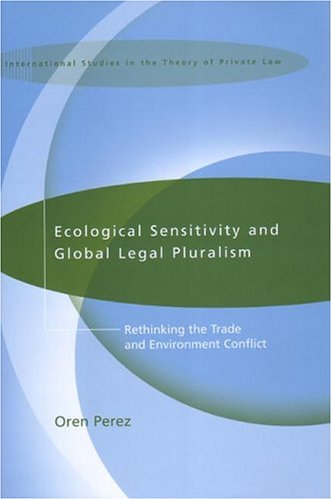

Most ebook files are in PDF format, so you can easily read them using various software such as Foxit Reader or directly on the Google Chrome browser.
Some ebook files are released by publishers in other formats such as .awz, .mobi, .epub, .fb2, etc. You may need to install specific software to read these formats on mobile/PC, such as Calibre.
Please read the tutorial at this link: https://ebookbell.com/faq
We offer FREE conversion to the popular formats you request; however, this may take some time. Therefore, right after payment, please email us, and we will try to provide the service as quickly as possible.
For some exceptional file formats or broken links (if any), please refrain from opening any disputes. Instead, email us first, and we will try to assist within a maximum of 6 hours.
EbookBell Team

4.8
54 reviewsThe first theoretical part of the book (Chapters One and Two) responds to this challenge by developing a pluralistic model, which recognises the trade and environment conflict as the product of multiple dilemmas, constituted and negotiated by a myriad of institutional and discursive networks. As such, this conflict cannot be understood or addressed through one-dimensional models. Viewing the trade-environment conflict through a pluralistic perspective yields important practical insights. It means that this conflict cannot be resolved by uniform economic or legal formulae. Dealing with this conflict requires, rather, polycentric and contextual strategy.
The empirical part of the book (Chapters Three to Seven) explicates this thesis by examining several global legal domains, ranging from the WTO to 'private' transnational regimes such as transnational litigation, international construction law and international financial law. This part demonstrates how the different discursive and institutional structures of these domains have influenced the contours of the trade-environment conflict, and considers the policy implications of this diversity from a pro-environmental perspective.